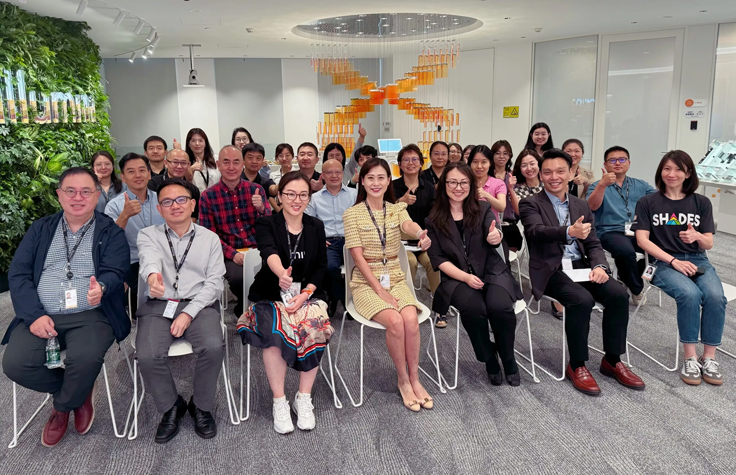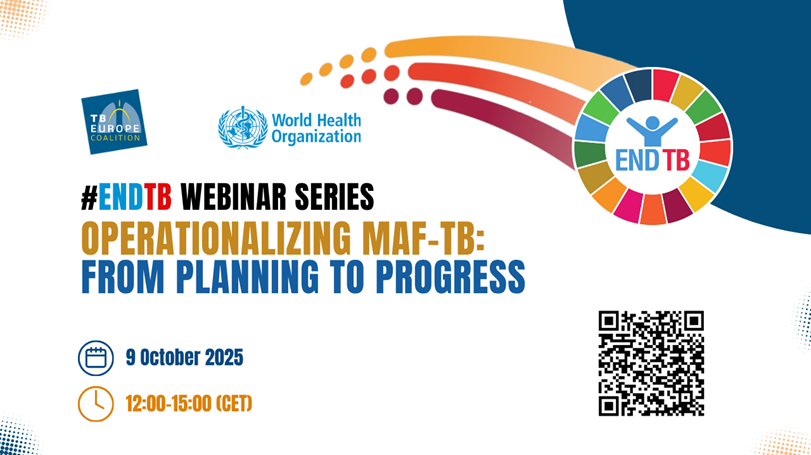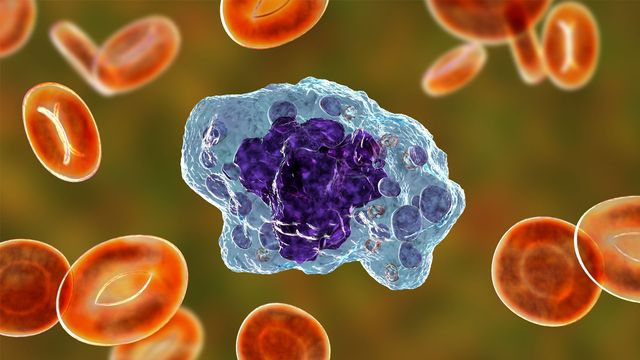The FDA has granted fast track designation to VT3989, a transcriptional enhanced associate domain (TEAD) autopalmitoylation inhibitor, for the treatment of patients with unresectable malignant nonpleural or pleural mesothelioma who have progressed on prior immune checkpoint inhibition and platinum-based chemotherapy.1
“We are pleased to receive fast track designation from the FDA for VT3989 in this patient population, which is in desperate need of new and effective therapeutic options,” Sofie Qiao, PhD, president and chief executive officer of Vivace Therapeutics, the developer of VT3989, stated in a news release. “This designation represents another important step in our ongoing development of VT3989 and will offer key advantages as we continue on our path toward potential commercialization of this first-in-class and best-in-class therapy.”
VT3989 Pipeline Update
- The FDA granted fast track designation to VT3989, a transcriptional enhanced associate domain (TEAD) autopalmitoylation inhibitor, for the treatment of patients with unresectable malignant nonpleural or pleural mesothelioma who have progressed on prior immune checkpoint inhibition and platinum-based chemotherapy.
- VT3989 is a novel, investigational small molecule designed to inhibit palmitoylation of members of the TEAD protein family, thereby targeting the Hippo pathway.
- Preliminary efficacy findings presented from the dose-escalation portion of the ongoing phase 1/2 trial showed decreases in the sum of the target lesions from baseline among patients with both pleural and non-pleural mesothelioma, regardless of their NF2 mutation status.
What Is the Mechanism of Action of VT3989?
This novel, investigational small molecule therapeutic is designed to inhibit palmitoylation of members of the TEAD protein family, thus targeting the Hippo pathway. The efficacy and safety of VT3989 are under investigation in an ongoing phase 1/2 clinical trial (NCT04665206).
What Is the Design of the Phase 1/2 Trial?
This multicenter, open-label trial is enrolling patients with mesothelioma and/or metastatic solid tumors that are resistant to standard therapy or for which no effective standard therapy is available.2 Patients need to have an ECOG performance status of 0 or 1, as well as adequate organ function.
This trial consists of 3 parts. The dose-escalation part investigated the safety of VT3989 in patients with mesothelioma or metastatic solid tumors. Patients received the agent in a 3+3 design until the maximum tolerated dose or recommended phase 2 schedule and dose are identified.
The dose-expansion part assessed the safety and preliminary antitumor activity of VT3989 at the recommended phase 2 schedule and dose in up to 6 cohorts, including patients with mesothelioma of any site origin regardless of NF2 mutation status (cohorts 1 and 2), patients with non-pleural mesothelioma (cohort 3), patients with solid tumors with clearly inactivating NF2 alterations or mutations or YAP/TAZ gene rearrangements (cohort 4), and patients with pleural mesothelioma (cohort 5).
The combination part will consist of 2 cohorts. Cohort A will enroll patients with mesothelioma who will be treated with VT3989 plus nivolumab (Opdivo) or ipilimumab (Yervoy). Cohort B will enroll patients with non–small cell lung cancer with tumors harboring EGFR exon 19 deletions or EGFR exon 21 L858R mutations who will be treated with VT3989 plus osimertinib.
VT3989 is administered orally in 25-mg, 50-mg, 100-mg, 150-mg, or 200-mg capsules over 21- or 28-day cycles.
The primary end point is the occurrence of dose-limiting toxicities and the occurrence of general toxicities. Secondary end points include tumor response; pharmacokinetic evaluations; overall survival in part 2 cohorts 3, 4, and 5; progression-free survival in part 2 cohorts 3, 4, and 5; and quality of life in part 2 cohorts 3, 4, and 5.
What Is the Efficacy of VT3989 in Patients With Mesothelioma?
Findings from the dose-escalation portion of the trial, presented at the 2023 IASLC World Conference on Lung Cancer, showed decreases in the sum of the target lesions from baseline among patients with both pleural and non-pleural mesothelioma who received the agent across dose levels and schedules.3 Responses were observed regardless of NF2 mutation status.
What Is the Safety Profile of VT3989 in Patients With Mesothelioma?
Among evaluable patients with mesothelioma (n = 44), the most common grade 1 to 4 treatment-related adverse effects included albuminuria (61.6%), proteinuria (59.1%), fatigue (31.8%), peripheral edema (29.5%), nausea (20.5%), increased alanine aminotransferase levels (13.6%), increased aspartate aminotransferase levels (13.6%), anemia (11.4%), and decreased appetite (11.4%).
References
- Vivace Therapeutics’ VT3989 granted fast track designation by the U.S. Food and Drug Administration for the treatment of mesothelioma. News release. Vivace Therapeutics, Inc. October 8, 2025. Accessed October 8, 2025. https://www.prnewswire.com/news-releases/vivace-therapeutics-vt3989-granted-fast-track-designation-by-the-us-food-and-drug-administration-for-the-treatment-of-mesothelioma-302577269.html
- Study to evaluate VT3989 in patients with metastatic solid tumors.ClinicalTrials.gov. Updated August 11, 2025. Accessed October 8, 2025. https://clinicaltrials.gov/study/NCT04665206
- Yap T, Desai J, Dagogo-Jack I, et al. First-in-human phase 1 trial of VT3989, a first-in-class YAP/TEAD inhibitor in patients with advanced mesothelioma. Presented at: 2023 IASLC World Conference on Lung Cancer. September 9-12, 2023; Singapore.









